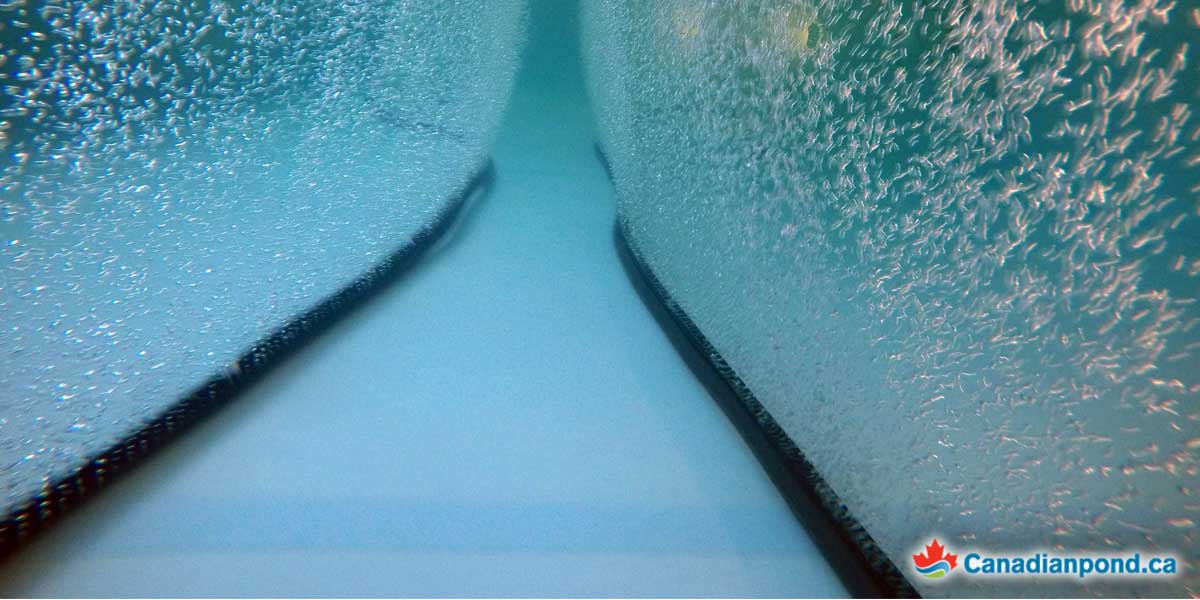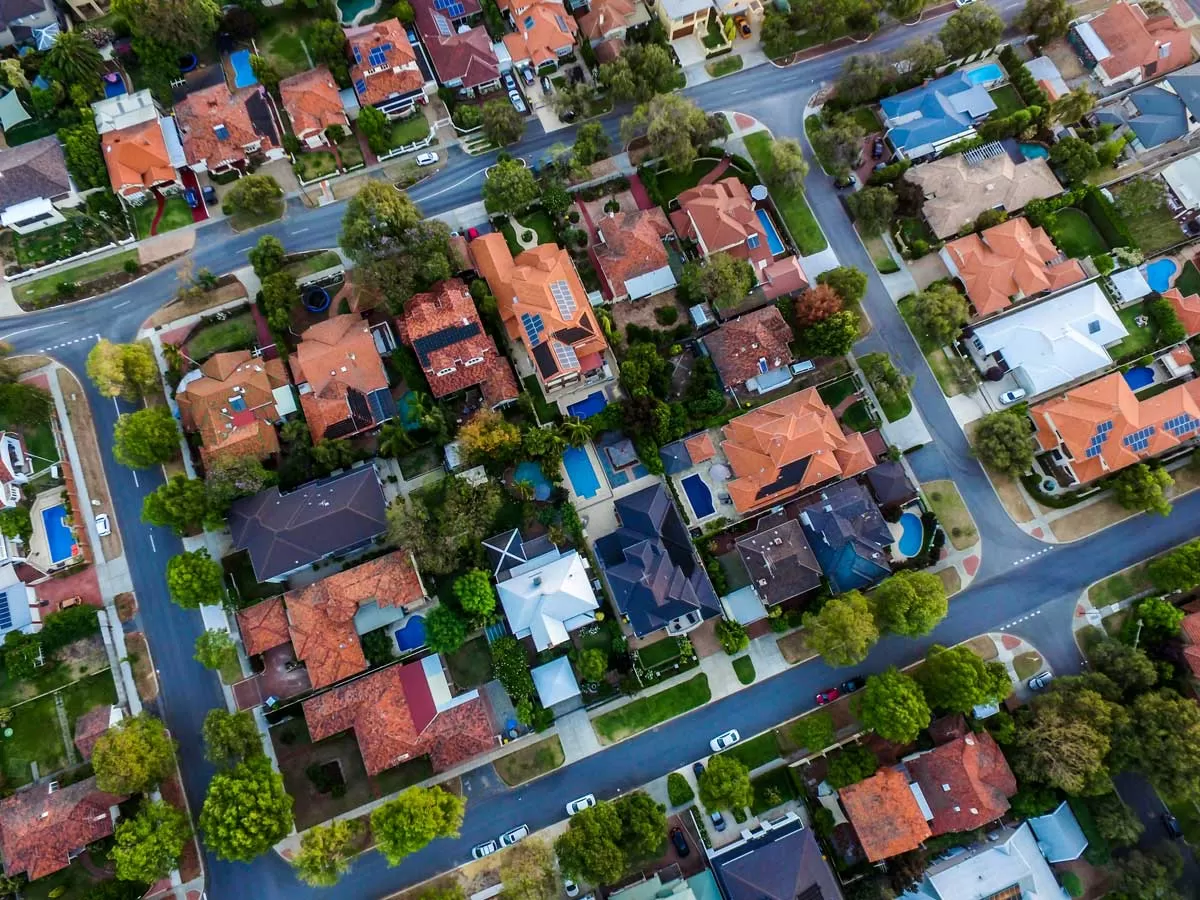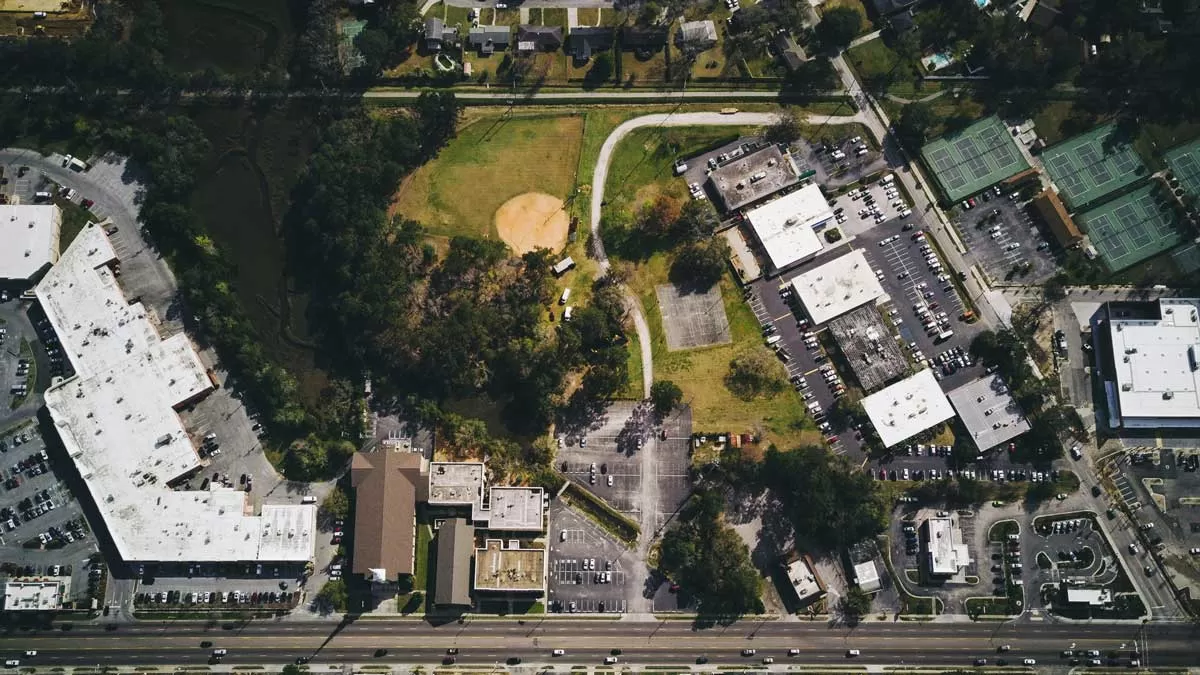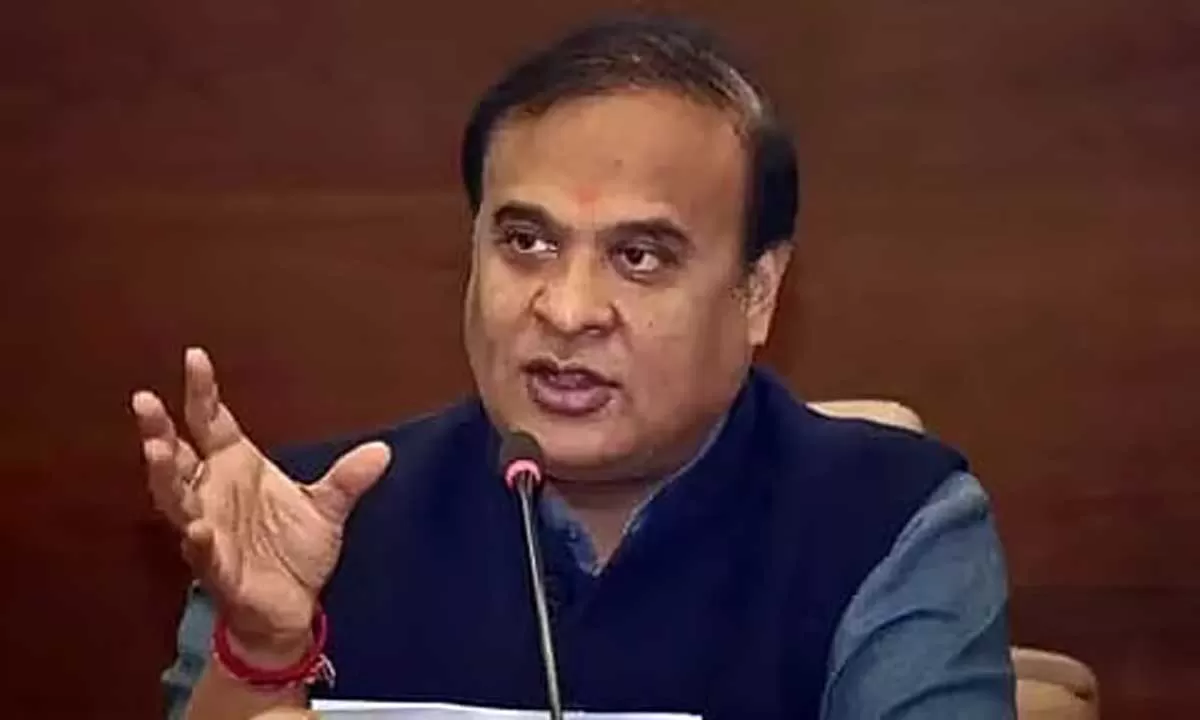Every year, about 11 million tonne of plastic waste ends up in our oceans and make up 80 per cent of all marine debris from surface waters to deep-sea sediments. That’s the equivalent of setting five garbage bags full of trash on every foot of coastline around the world!
Recycling and reuse of plastic products, and support for research and innovation to develop new products to replace single-use plastics are necessary to prevent and reduce plastic pollution.
Recognising the need to address the challenge of marine plastic pollution, Geocycle – the global waste management arm of LafargeHolcim – is piloting in India a smart and non-invasive technology to remove plastics from canals before they reach the oceans. LafargeHolcim is the parent company of Ambuja Cements and ACC, the two major cement producing companies in India. Geocycle India is the inhouse waste management arm of Ambuja and ACC; it is a leading provider of industrial, agricultural, municipal and plastic waste management services.Geocycle is implementing the innovative ‘bubble curtain’ technology for the first time in India to stop plastic from entering the river Yamuna. The Geocycle Bubble Barrier (GBB) has been established on the Mantola Canal of Agra City in Uttar Pradesh, which carries 40 per cent of the storm and wastewater of Agra city. Moumita Chakraborty, Head, Geocycle Asia, shares more on the technology and its implementation.
Background about the innovation
Bubble curtain is a technology which has been used for cleaning up oil spills in oceans, and it is only recently that this technology is being adopted to address the plastic challenge. The first such project was set up in Amsterdam in 2019.
The technology, ie, the bubble barrier for this project was provided by Canadian pond. Geocycle has tied up with Canadian pond to pilot this project in Agra, the first-of-its kind project in India.
The Agra project
The historic city of Agra was chosen for this pilot, since as a tourism hub, the plastic pollution challenge is especially serious here. The local administration, along with key stakeholders, is undertaking significant action. This project builds on the commendable work being done by key stakeholders and further leverages synergies with existing projects.
Geocycle, under the aegis of the United Nations Environment Programme (UNEP) India’s ‘Air Pollution Control Action Plan’, has partnered with the Agra Municipal Corporation and GIZ India with Canadian Pond as technology provider, working towards the mission of making Agra plastic-free. Once successful, this technology will be replicated in other countries. Geocycle supports the Swachh Bharat Mission by co-processing significant volumes of municipal solid waste, including non-recyclable plastics across India.
The Geocycle Bubble Barrier has been established on the Mantola Canal of Agra city in Uttar Pradesh. The significance of the location is that this canal carries 40 per cent of the storm and wastewater of the city, and thus, a significant amount of plastic waste from Agra is carried through it. Moreover, the plastic leakage into the canal is significant. Capturing the plastics floating in this canal will help in preventing the plastic litter of the Yamuna River. To begin with, the project is expected to collect 2,400 tonne of plastic from the canal every year.
What sets the GBB apart is the fact that the volume of plastics in rivers in the Asian subcontinent is significantly higher than rivers elsewhere. Thus, this project addresses the plastic challenge where it is most rampant.
The advantages
“Geocycle’s approach to river plastic cleaning is distinct from other river clean-up projects which rely on landfilling or incineration. Its vast co-processing infrastructure guarantees safe and environmentally-friendly final treatment of the collected waste: Co-processing in cement kiln recovers energy and recycles material value in waste, leaving no residue,” says Neeraj Akhoury, CEO India, LafargeHolcim and Managing Director & CEO of Ambuja Cements. “These two technologies – bubble curtain and co-processing combined – offer a good opportunity to fight the challenge of marine litter by tackling the problem at the source,” he adds.
Furthermore, the specific advantages in the Indian context is that the technology and set up is simple, effective and cost-competitive. The project can be easily replicated with minimal customisation. The technology is very flexible and can be adapted to different rivers. The additional benefit of this technology is that the increased oxygen level due to the aeration also improves the water quality.
How it works
The bubble screen is created by a specially designed air tube, which is placed diagonally on the bed of the canal or river. It brings waste to the surface, channels the plastic on to the banks where it can be extracted. The bubble barrier is generated using compressed air passing through tubes that are placed at the bottom of the canal. These tubes are connected with a compressor which is powered by renewable solar energy. Further, aeration in the canal will increase dissolved oxygen levels in the wastewater or storm water, leading to an overall improvement in the water quality.
In case of the Agra project, the plastic waste extracted from the canal will be taken to a municipal solid waste treatment and materials recovery facility. The recyclable plastics will be sent to recycling facilities, while the non-recyclable plastics will be taken to Geocycle’s facility for pre-processing followed by co-processing in ACC or Ambuja cement kilns.
Cost and availability
A setup such as the one on Mantola roughly costs approximately Rs 8 million including a mechanical collection of plastic from the bank of the canal or river. The capital expenditure on the technology is commensurate with the requirement of the project, ie, the technology can be scaled up without any challenges due to its modular design. The expected plastic collection over a year is expected to be 1,800-2,400 tonne from the said Capex. The operating cost is not high considering the technology can be run fully on solar power. Besides, its operation and maintenance is not tedious and each line of bubble tubing can be maintained one at a time without stopping complete operations. Bubble curtains can bring plastics underneath the surface of the water body and divert plastic to the bank of the canal.
Currently, there is no technology collecting plastics from water bodies in India other than mechanically collecting plastics on the surface of water bodies. These are an attachment or amendment to a boat which collects waste on the surface of the water body. These one off boat projects will have a high Capex and Opex considering fuel consumption and requirement of skilled manpower. To increase the capacity of waste collection the number of boats need to be increased; hence, there is no flexibility in scaling up the collection. The technology does not collect plastics which are underneath the surface of the water, which is a key difference between the GBB and conventional boat based collection.
Essentially, cost-effectiveness of a technology lies in the level of compliance achieved and the kind of environmentally sound solution provided. The GBB way of collecting plastics is well integrated with the end of life solution of co-processing. Hence, it makes it a complete solution which ensures there is no leakage of plastic to the environment.
A low or high Capex and Opex technology for collecting plastics is not collaborated with end of life technology or recycling, the technology will not be effective as the overall purpose is to collect plastic and dispose in an environmentally sound manner.
Eleven million tonne of plastic enter the oceans every year, making it one of the biggest threats society faces. If this trend continues unabated there will be more plastic than fish in the oceans by 2050.
- SERAPHINA D’SOUZA


















